Enhertu Outperforms Chemotherapy in Early-Stage HER2+ Breast Cancer

The Phase III DESTINY-Breast11 trial showed Enhertu followed by THP significantly improved pathologic complete response (pCR) versus standard ddAC-THP in high-risk, early-stage HER2-positive breast cancer. Early event-free survival data favored Enhertu, and these findings could help shift the neoadjuvant standard of care toward more effective, targeted therapy.
The antibody-drug conjugate Enhertu (trastuzumab deruxtecan) has demonstrated a statistically significant and clinically meaningful improvement in pathologic complete response (pCR) as part of a neoadjuvant regimen for early-stage breast cancer.
Developed by AstraZeneca and Daiichi Sankyo, Enhertu was tested in combination with paclitaxel, trastuzumab, and pertuzumab (THP) and compared to the current standard of care: dose-dense doxorubicin and cyclophosphamide followed by THP (ddAC-THP). These results may pave the way for a new standard in the treatment of high-risk, locally advanced HER2-positive breast cancer before surgery.
"“The clinically meaningful improvement in pathologic complete response and the safety data seen in DESTINY-Breast11 highlight the potential of Enhertu to challenge the current standard of care in early-stage HER2-positive breast cancer," said Dr. Susan Galbraith, Executive Vice President of Oncology R&D at AstraZeneca. “Enhertu is already an important treatment option in the metastatic setting, and these data have the potential to allow this medicine to move into early stages of disease where cure is possible.”
The Data That Could Change Everything
At the heart of the DESTINY-Breast11 trial is the goal of achieving pCR—the absence of invasive cancer in both breast tissue and lymph nodes following treatment. This endpoint is increasingly recognized as a surrogate marker for long-term outcomes in HER2-positive disease, especially in high-risk patients who face a greater chance of recurrence.
Among the 927 patients enrolled globally, those who received Enhertu followed by THP saw a significantly higher pCR rate than those receiving the anthracycline-based ddAC-THP regimen. Though full data are pending presentation at an upcoming medical congress, the result marks a milestone: Enhertu has now proven its worth not only in the metastatic and HER2-low settings, but also as a potential neoadjuvant tool in the early, curative phase of breast cancer.
“These topline results demonstrate that Enhertu followed by THP could offer patients with HER2-positive breast cancer a promising new treatment approach prior to surgery, setting more patients on a path toward a potential cure," said Ken Takeshita, Global Head of R&D at Daiichi Sankyo.
While the trial’s secondary endpoint of event-free survival (EFS) is not yet mature, early signals show a trend favoring Enhertu-based therapy—a promising hint of durable benefit that will be monitored in ongoing follow-up.
Redefining “Standard of Care”
Current neoadjuvant strategies for HER2-positive breast cancer often rely on multi-agent chemotherapy regimens that include anthracyclines—drugs that are highly effective but notorious for their cardiotoxicity and long-term side effects. For many patients, particularly those with preexisting cardiac risk or who are younger and more likely to experience late complications, these regimens present a difficult trade-off.
Enhertu’s Expanding Footprint
Originally approved for HER2-positive metastatic breast cancer, Enhertu is a HER2-directed antibody-drug conjugate that links a humanized monoclonal antibody to a potent topoisomerase I inhibitor via a cleavable linker—delivering chemotherapy directly into HER2-expressing cancer cells with precision. Since its initial approvals, Enhertu has steadily gained traction across HER2-positive, HER2-low, and even HER2-ultralow settings in multiple tumor types, including lung, gastric, and colorectal cancers.
The DESTINY-Breast11 trial adds another pivotal piece to that evolving narrative. It is the seventh positive Phase III trial for Enhertu in breast cancer, reinforcing its role not just in managing advanced disease but potentially preventing its return altogether.






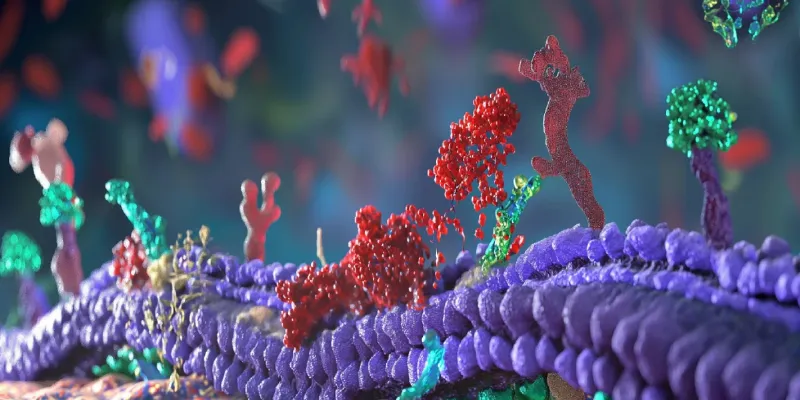
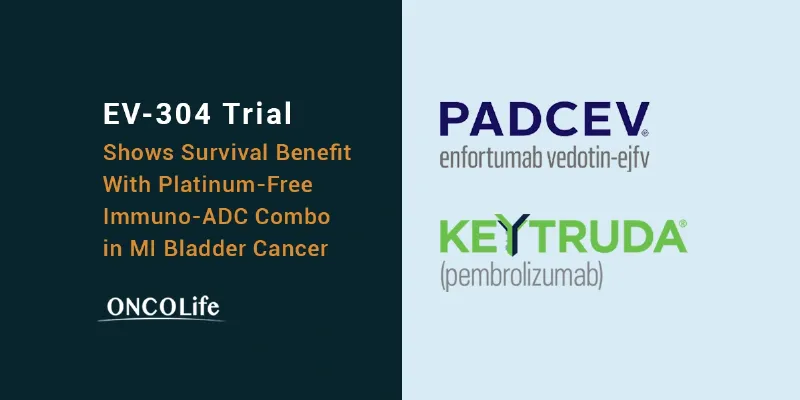
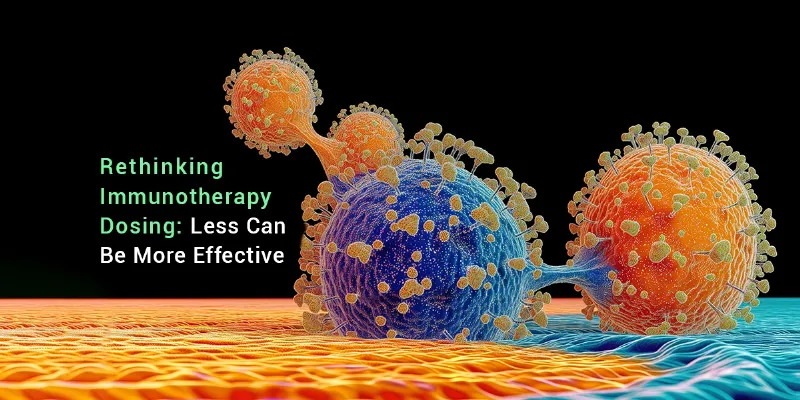
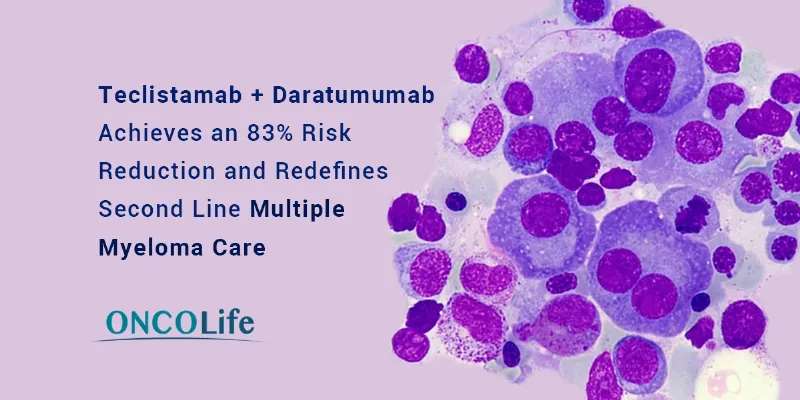
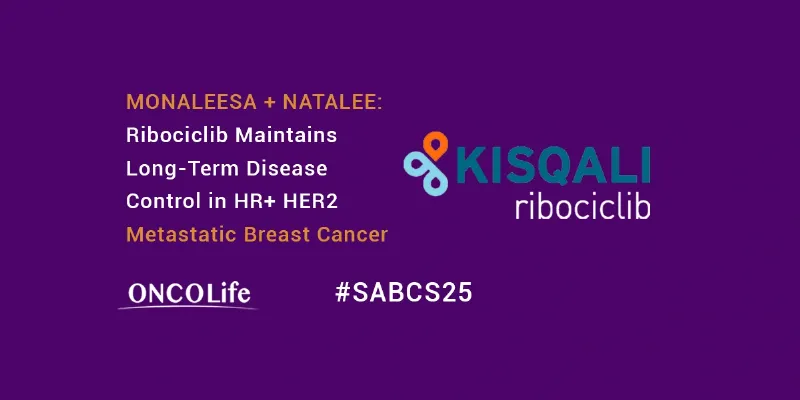
Comments
No Comments Yet!